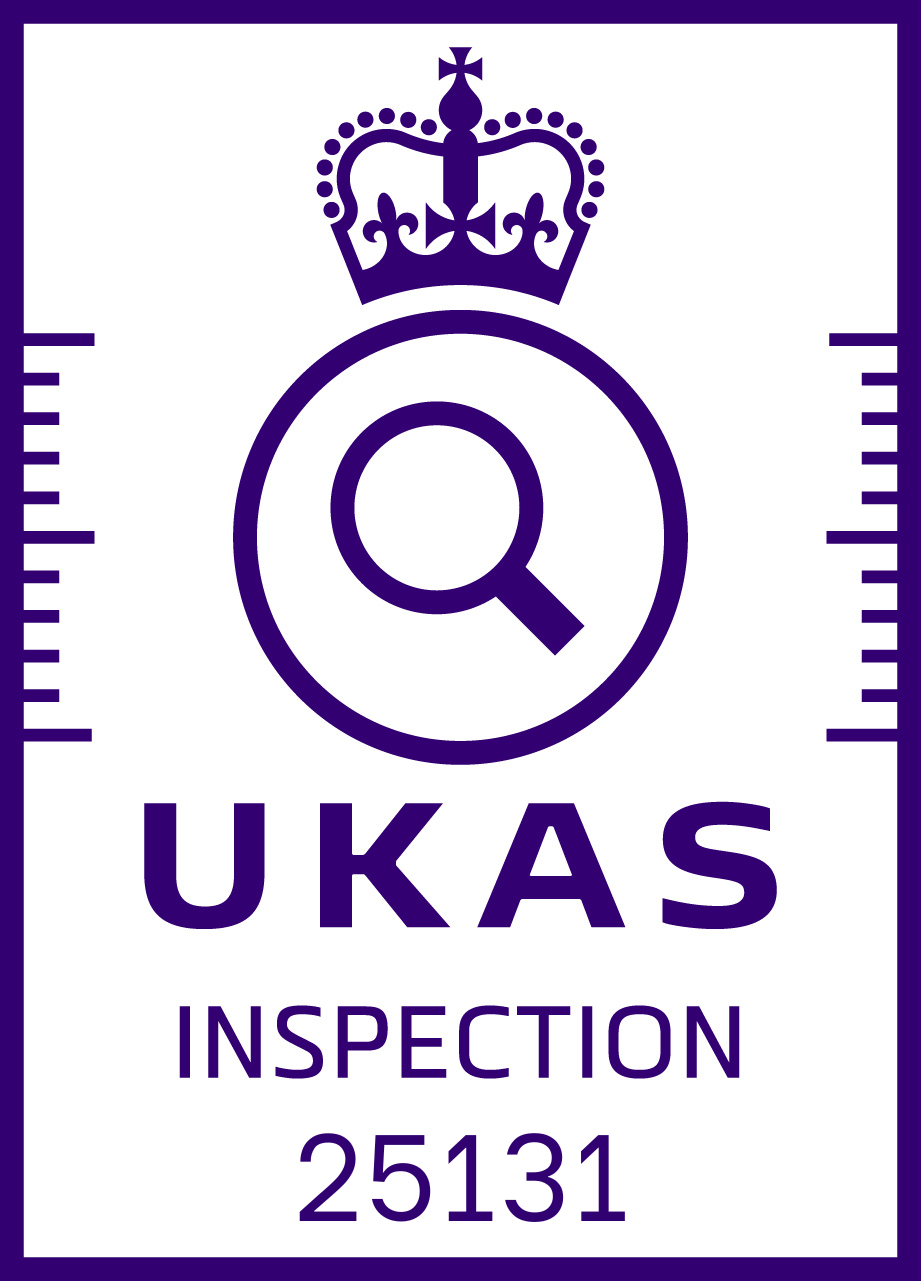The Built Environment Committee has launched an inquiry into the impact of environmental regulations on development and is inviting written contributions.
- Call for written submissions
- Inquiry: Environmental regulations on development
- Built Environment Committee
Focus of inquiry
The Government has set out, through primary and secondary legislation, a number of environmental requirements for development of the built environment. This has resulted in a framework of environmental protection for development in England which is largely administered through the planning system. Examples of such regulations include those on biodiversity net gain, nutrient neutrality, habitats and air quality.
This inquiry will assess the governance, the associated costs for developers and promoters, and the impact on the delivery of projects, of nationally defined environmental regulations in England.
The deadline for the submission of written evidence is 31 March 2023.
Questions
The committee is seeking answers to the following questions:
- What environmental regulations need to be considered when undertaking development? When during the development process are they most likely to be encountered?
- What is the single biggest challenge for developers and promoters in fulfilling environmental requirements? How could this be resolved?
- Are changes in environmental regulations governing development clearly communicated? Is sufficient support available to help developers and promoters fulfil their responsibilities?
- What are the costs of meeting environmental regulations for developers? How does this vary for types of developer or promoter and in different locations?
- Is there sufficient coherence between different environmental regulations? How could regulations be administered in a more systematic and coherent way?
- What impact do Government bodies such as the Environment Agency and Natural England have on planning and development decisions? How effectively do these bodies work together? How does the Environment Agency interact with development as both regulator and owner of land and other assets?
- What role does Natural England play in monitoring and implementing these regulations? How does Natural England’s involvement affect the delivery of new development?
- To what extent are the information needs of the planning system proportionate?
- How far do the key actors in implementing environmental regulations have sufficient resources to carry out their responsibilities?
- Are there further significant changes which would improve this system?
It is not necessary to answer all the questions and short submissions are preferred. A submission longer than six pages should include a one page summary.









